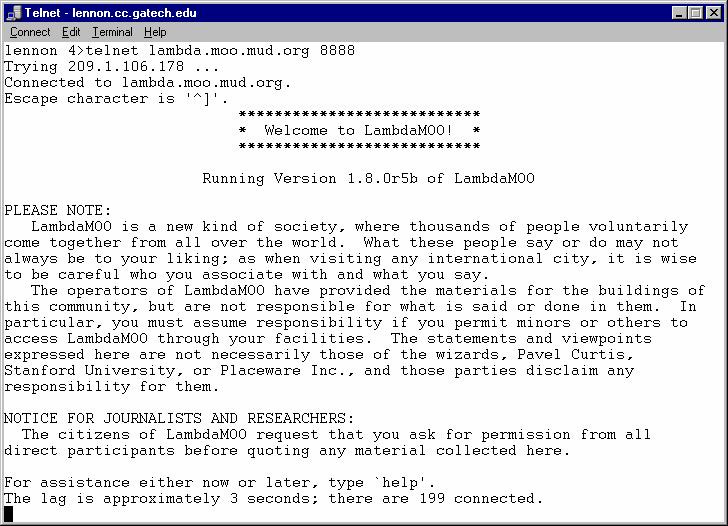Happy Wednesday folks.
Audio posts are back, with more of my voice than anyone could realistically ever want to listen to.
But first, I’m promoting this episode of ex.haust. Emmet Penney and I talk about one of my favorite pieces of tech writing of all time, Julian Dibbell's essay, "A Rape in Cyberspace."
There’s just so much to say about “A Rape in Cyberspace.” I think it’s one of those rare pieces I could talk about for hours. In fact, I think this is the third piece of content I’m releasing on it in just a few short months. It was so prescient.
I mean, today, The New York Post ran this headline: Mother opens up about being ‘virtually gang raped’ in metaverse. But this piece is so much more than just the question of, “What is digital rape?”
It poses some very important questions about the nature of the body, how identity is shaped in cyberspace, the myopia-inducing effect of the Internet, how play helps us construct who we are, how we should govern non-physical places, and what the Internet even is.
Here are a few of my favorite quotes:
Where virtual reality and its conventions would have us believe that exu and Moondreamer were brutally raped in their own living room, here was the victim exu scolding Mr. Bungle for a breach of “civility.”
[…]
MUD-made world is neither exactly real nor exactly make-believe, but nonetheless profoundly, compellingly, and emotionally true.
[…]
And then there were what I’ll call the techno-libertarians. For them, MUD rapists were of course assholes, but the presence of assholes on the system was a technical inevitability, like noise on a phone line, and best dealt with not through repressive social disciplinary mechanisms but through the timely deployment of defensive software tools. Some asshole blasting violent, graphic language at you? Don’t whine to the authorities about it — hit the @gag command and said asshole’s statements will be blocked from your screen (and only yours). It’s simple, it’s effective, and it censors no one.
[…]
Toading, they insisted (almost convincingly), was much more closely analogous to banishment; it was a kind of turning of the communal back on the offending party, a collective action which, if carried out properly, was entirely consistent with anarchist models of community. And carrying it out properly meant first and foremost building a consensus around it — a messy process for which there were no easy technocratic substitutes. It was going to take plenty of good old-fashioned, jawbone-intensive grassroots organizing.
[…]
“Where does the body end and the mind begin?” young Quastro asked, amid recurring attempts to fine-tune the differences between real and virtual violence. “Is not the mind a part of the body?” “In MOO, the body IS the mind.”
[…]
I have come to hear in them an announcement of the final stages of our decades-long passage into the Information Age, a paradigm shift that the classic liberal firewall between word and deed (itself a product of an earlier paradigm shift commonly known as the Enlightenment) is not likely to survive intact.
If you’ve been following my work for a while, then you might notice that the groundwork Dibbell laid in “A Rape” has also profoundly informed my thinking about Tumblr: the body IS the mind.
I feel compelled to add, though maybe this is misguided, that it’s been bittersweet to see how some of these conversations have picked up in recent months. Particularly the ones around Tumblr and fandom’s role in shaping the Internet.
But all that’s another conversation for another post.
Like this episode? Subscribe to ex.haust here.















#MeToo'd in the Metaverse.